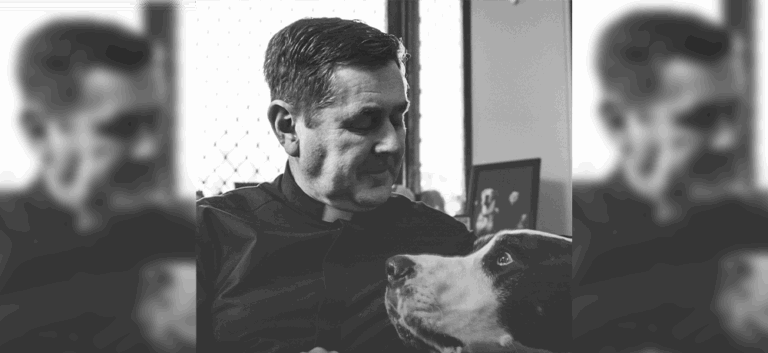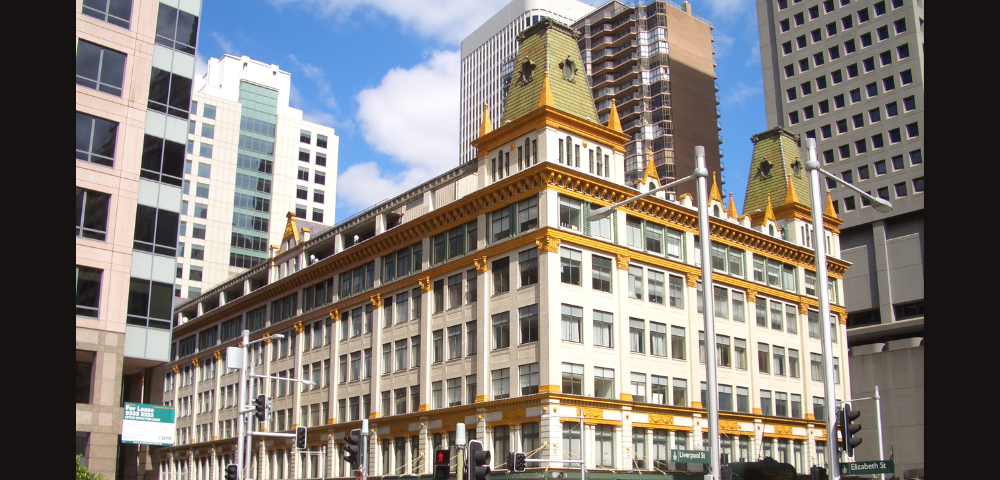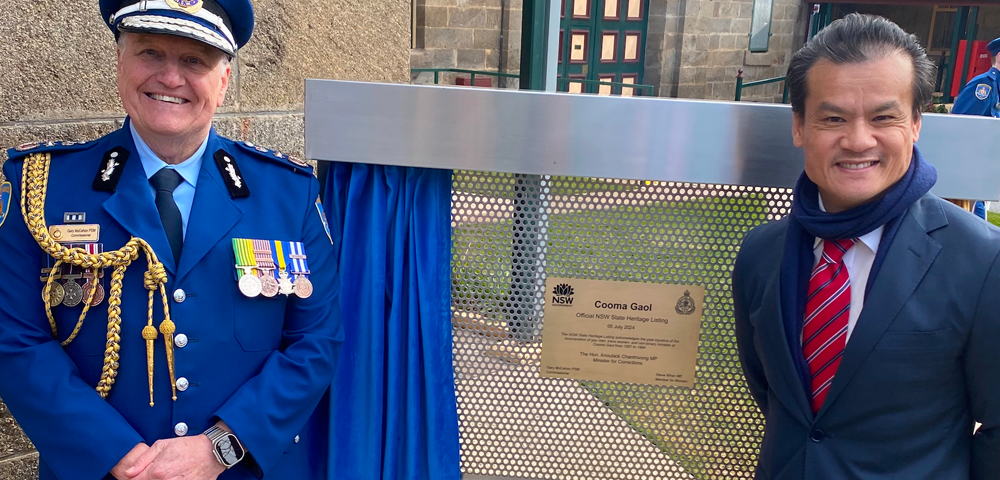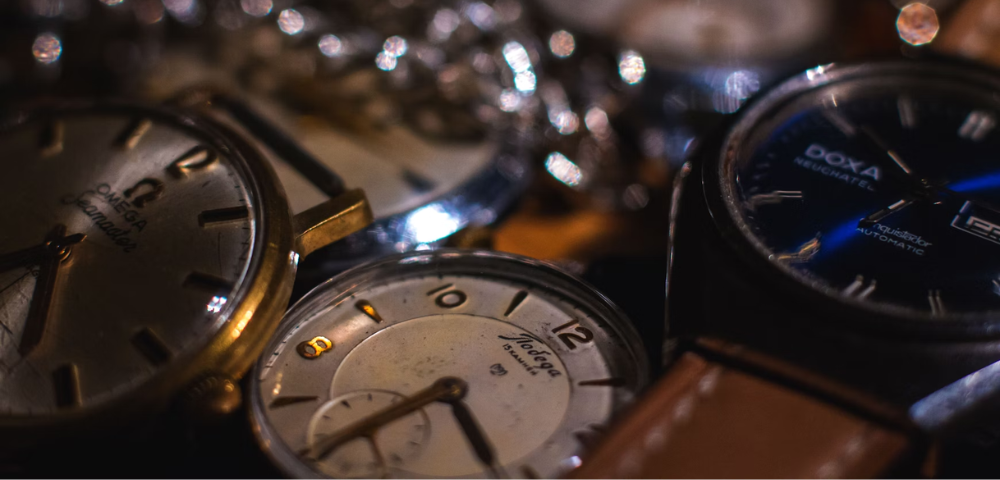
Mardi Gras: Your rights if searched by sniffer dogs
BY KIERAN ADAIR
With the Sydney Mardi Gras Parade just around the corner, there’s no doubt that the New South Wales Police are gearing up for another drug dog operation.
Despite the evidence showing the abysmal failure of sniffer dogs as a harm prevention measure – one that results in upwards of 70% false searches – they keep being trotted out each year, at music festivals, nightclubs, and especially at the Mardi Gras.
Along with the lockout laws, sniffer dogs are another tool being used by the NSW Government to crackdown on the city’s nightlife – searches disproportionately target the young, along poor, homeless and Aboriginal communities.
Regardless of whether you’re attending as a spectator or participant, we’ve compiled this list of legal tips to make sure you know your rights if searched.
What is ‘reasonable suspicion’ for a search?
It’s likely that police will have sniffer dogs doing checks in both the marshalling area of the parade, and the parade’s after party. If police search you and find something illegal, you could be facing stiff criminal penalties.
That being said, police officers must have a factual basis for their suspicion prior to searching you. It’s important to know that simply being present at Mardi Gras does not make it reasonable for the police to suspect you are carrying drugs or something else illegal.
If you can show that the police did not have ‘reasonable grounds to suspect’, the search may be illegal, but this would need to be established in court after the event. You would not be successful in any court action if the police found drugs or other illegal items when they searched you.
The most commonly used tactic for establishing ‘reasonable grounds’ is a positive indication by a police sniffer dog. Sniffer dogs are trained to sit down next to a person if they believe the person has drugs on them. Despite the evidence that these indications are often inaccurate, police continue to use them to establish suspicion.
If a police officer tells you they will search you, try to remain polite, calm and cooperative. If you resist the search, you may be charged with hindering a police search or resisting arrest. If you’re rude toward them, you could be arrested or fined for offensive language. Don’t give them an excuse.
If you are searched make sure to note the time, place of the search, as well as the officer’s name, rank, station and reasons for searching you. These details will be important later, if you decide to file a complaint against the officer.
What are your rights when searched?
There are still limitations on what police officers can do, even if they decide to search you. If you are searched it’s important to be aware of these as they’re critical to protecting your rights, and preventing invasive searches.
The police must:
• Conduct the least invasive kind of search practicable in the circumstances. This means that a strip search can only be conducted where no other search will do;
• Conduct the search in a way that provides you with reasonable privacy and as quickly as is practicable;
• Make sure you are searched by an officer of the same gender, if reasonably practicable;
• Allow you to dress as soon as the search is finished.
During the search the police are not allowed to:
• Ask you to remove any clothing that is not necessary;
• Touch your body;
• Search any body cavities; or
• Search your genital area.
The police cannot:
• Search your genital area or breasts (for female or female identifying trans and intersex people), unless it is reasonable necessary; or
• Question you while you are being searched.
If a police officer believes you may have drugs, or anything else dangerous or illegal in your mouth or hair they’re allowed to ask you to open your mouth or shake your hair. For any other search of a body cavity, the police need to have your consent or a court order.
What happens after the search?
Police have the right to ask for your name and address. It is usually a good idea to give them these details, but you don’t have to give them anything else. It will be entered onto your COPS record, and may be used against you in the future. Remember to take note of the officer’s name, rank and station – this will be useful if you decide to place a complaint later.
If something is found on you during a search, you must give the police your name and address if asked. Depending on what you are caught with, the police may issue you a caution, a court attendance notice or arrest you. The fines in NSW for possession of 0.8g of MDMA or 1g of cocaine can be up to $2200, with a maximum penalty of 2 years in prison.









